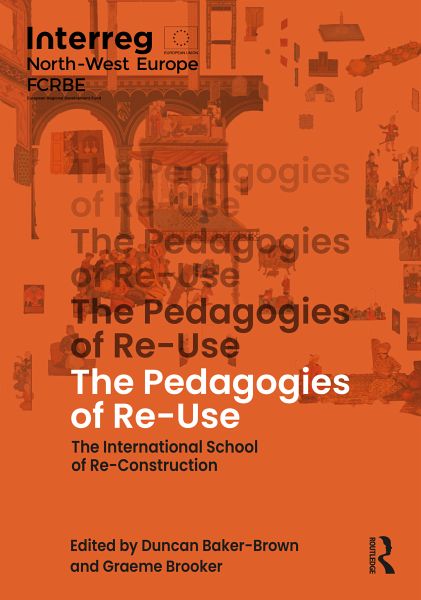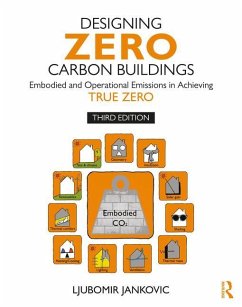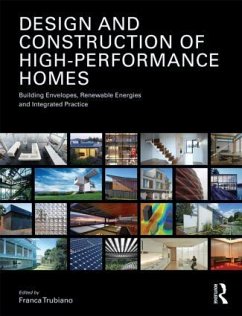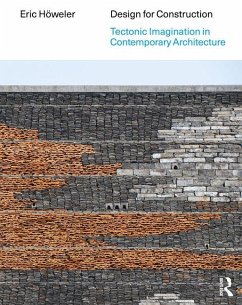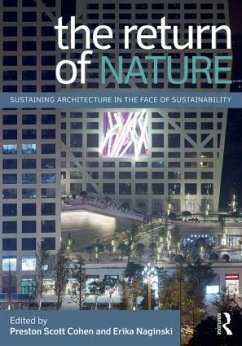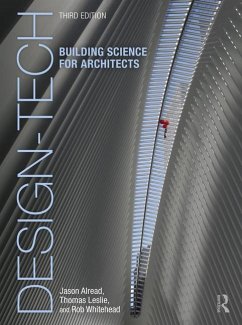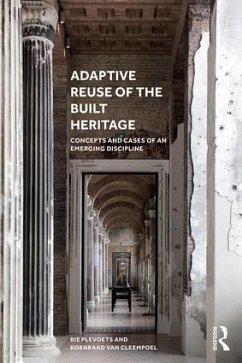Duncan Baker-Brown is a practicing architect, academic, and environmental activist. Author of The Re-Use Atlas: A Designer's Guide Towards a Circular Economy, he has practised, researched, and taught around issues of sustainable development and closed-looped systems for more than 25 years. He recently founded BakerBrown, a research-led architectural practice and consultancy created to address the huge demands presented by the climate and ecological emergency as well as the challenges of designing in a post-COVID world. Over the years Duncan's practices (and academic 'live' projects) have won numerous accolades including RIBA National Awards and a special award from The Stephen Lawrence Prize for the Brighton Waste House - the prize money has since been used to set up a student prize for circular, closed-loop design at the University of Brighton, UK, where Duncan teaches. Duncan was the University of Brighton's principal investigator for the North West Europe's Interreg Facilitating the Circulation of Reclaimed Building Elements (FCRBE) project. He was responsible for curating the pedagogic outputs for the FCRBE team (lead by Rotor). Said outputs are the subject of this book, which he has co-edited with the wonderful Prof. Graeme Brooker. Graeme Brooker is Professor and Head of Interiors at The Royal College of Art, London, UK. He has published numerous books on many aspects of the interior including the recent publications 50 50 Words for Reuse (2022), Brinkworth: So Good So Far (2019), Adaptations (2016), and Key Interiors Since 1900 (2013). He has co-authored/edited ten books on the interior including the highly acclaimed Rereadings (2005; Volume 2, 2018). He has led interior programmes in Cardiff, Manchester, Brighton, and London institutions and has been a visiting professor in Antwerp, Berlin, Istanbul, and Milan. He is a member of the editorial advisory board of the journals Interiors: Design: Architecture: Culture, INNER, IDEA, and DESIGN&. He is the founder and was the director of the charity Interior Educators (IE), the national subject association for all interior courses in the UK, between 2006-2018 and 2023-present. He is a trustee of United In Design (UID), a charity set up to address the lack of diversity in the profession of interiors. He is currently working on the funded project - ATLAS, an archival-based work with the European Council of Interior Architects (ECIA) and the books The SuperReuse Manifesto (2024) and The Story of the Interior (2025). The latter is a history book that moves beyond standard chronological accounts and, instead, retells thematic histories of inside spaces through narratives of the room and the private and public interior.
